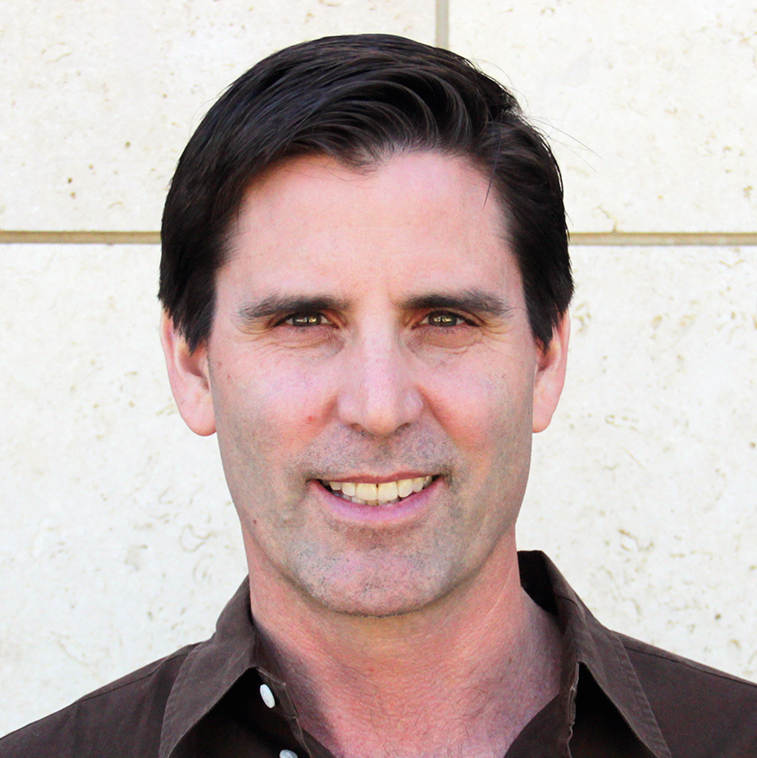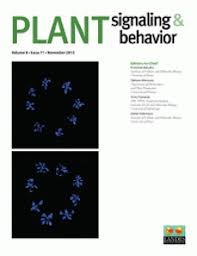 Here’s a mystery: How did a nonexistent paper rack up hundreds of citations?
Here’s a mystery: How did a nonexistent paper rack up hundreds of citations?
Pieter Kroonenberg, an emeritus professor of statistics at Leiden University in The Netherlands, was puzzled when he tried to locate a paper about academic writing and discovered the article didn’t exist. In fact, the journal—Journal of Science Communications—also didn’t exist.
Perhaps Kroonenberg’s most bizarre discovery was that this made-up paper, “The art of writing a scientific article,” had somehow been cited almost 400 times, according to Clarivate Analytics’ Web of Science.
Anne-Wil Harzing, a professor of International Management at at Middlesex University in London, who recounted Kroonenberg’s discovery in her blog, wrote: Continue reading The “phantom reference:” How a made-up article got almost 400 citations
 Last month, a colleague of emergency medicine doctor
Last month, a colleague of emergency medicine doctor 

 Oops.
Oops.  Following heavy criticism of its decision to correct — instead of retract — a paper accused of plagiarism,
Following heavy criticism of its decision to correct — instead of retract — a paper accused of plagiarism, 

 Researchers from the University of Kansas asked to retract their paper only days after the journal issued an expression of concern related to some of the images.
Researchers from the University of Kansas asked to retract their paper only days after the journal issued an expression of concern related to some of the images.